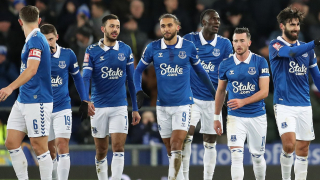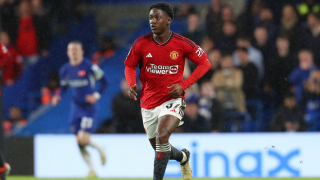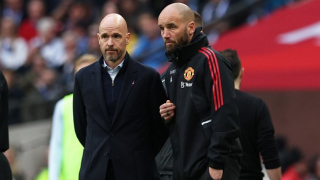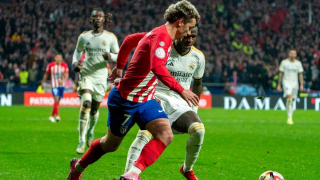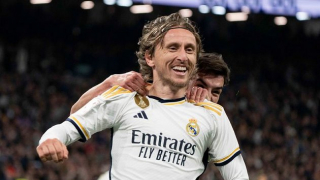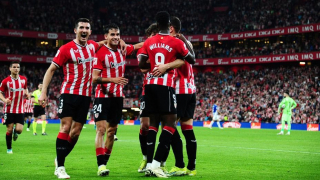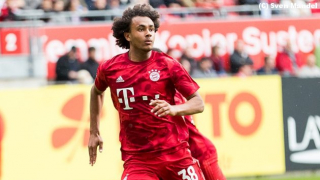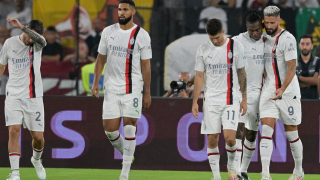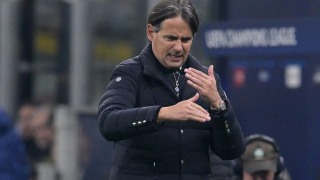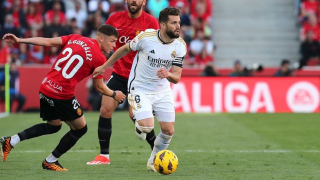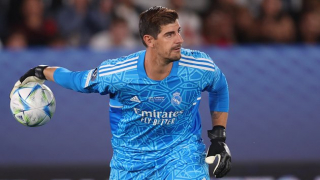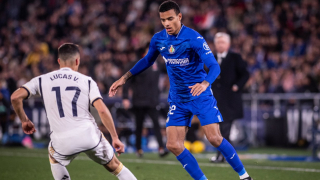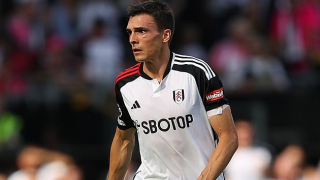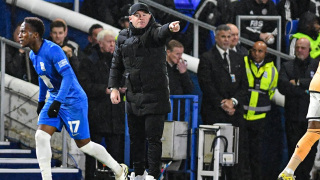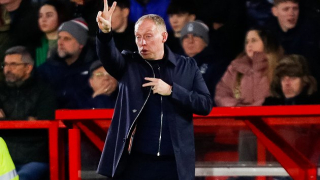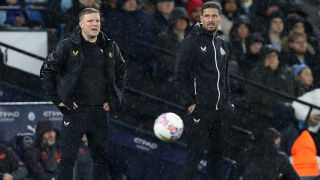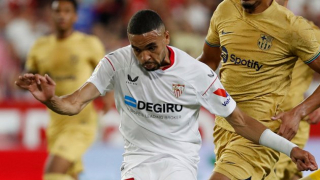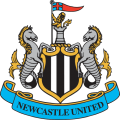So much for world domination. Newcastle United's new owners, the Saudi Arabia Public Investment Fund (PIF) are by no means the first people to discover that football is more complex than it appears from the outside but they might just be the last; the postscript to the era of financial doping which, curtailed to some extent by FFP regulations, put a ten-year gap between the PSG and Manchester City takeovers and PIF's.
This summer has provided evidence – reassurance, even – that FFP carries some weight and can hold the centre together, however imbalanced and anti-competitive that centre might already be. Newcastle United's owners said they wanted to win the Premier League within five years and did not appear to discourage rumours of bids for world-class players. The world waited with baited breath for a new super-club to emerge, to move fast and break things as Man City and PSG had done before them.
Instead, all is quiet. Newcastle's summer window has been that of a tidy, smartly-run mid-table Premier League side as Nick Pope, Matt Targett, and Sven Botman join January acquisition Bruno Guimaraes to begin the construction of a side on the level of West Ham or Leicester City. We always knew they would need to sign stepping-stone players to bridge that gap to the elite, but whereas Man City hoovered up out-of-favour big names like Wayne Bridge, Emmanuel Adebayor, and Robinho, there is no sign Newcastle are gearing up for something particularly big.
In fact, a report this week by Luke Edwards in The Telegraph revealed that Newcastle have been hamstrung by the limits of FFP after none of their expected commercial deals with Saudi Arabia came through – thanks to the emergency legislation the Premier League passed in October to clip Newcastle's wings. The league imposed a temporary ban (with the view to it becoming permanent) on commercial arrangements that involve pre-existing business relationships. That meant, by and large, the basis of PIF's entire business model went up in smoke.
But it gets weirder than that. Financial experts have suggested Newcastle could be spending a lot more than they are to avoid FFP sanctions, while the Telegraph report that agents have been 'shocked' to discover Newcastle are not willing to pay the going rate for wages. Offering considerably less to players than even the likes of Aston Villa and Leicester, deals for Alexander Isak or Moussa Diaby have fallen through.
The explanation appears to be that PIF want to slowly evolve into a top team, avoiding a precedent of paying over the odds. Their initial interest in Diaby and Isak, alongside the signings of Botman and Guimaraes, points to a Leicester-like policy of signing exciting young players rather than ready-made superstars. That would make sense if Newcastle needed to sell them on for a profit – the true value of the Leicester model – or if Newcastle wanted to be a nicely-run business vying for a Europa Conference League spot, but surely that is not the case.
The idea that these young players will mature with the squad and develop into European challengers in the next few years, as posited by Edwards, is hopelessly naïve on Newcastle's part, and suggests they have grossly underestimated the gap between the elite Premier League clubs and those on the rung below. A summer budget of £100 million, even if repeated every year for five years, would not be enough to catch up with even Arsenal or Tottenham Hotspur, let alone take Newcastle into the upper echelons of the division.
The only alternative theory explaining the slow start is that PIF are waiting to find ways around the legislation preventing them from signing lucrative sponsorship deals with Saudi Arabia. But a loophole here looks increasingly unlikely, not with the rest of the division keeping a watchful eye and hoping for failure.
The deeper question, for Newcastle supporters, is about their long-term prospects. It seemed obvious back in October that PIF bought Newcastle United as a sportswashing exercise and with global domination the end goal. They are already coming up against significant obstacles, and the longer this goes on the harder it will become to make that next step. Guimaraes, for example, was sold the project based on becoming a title challenger. How long will he be prepared to stick around? When will the new owners become bored of a project likely to show glacial movement over the next decade?
This all comes as good news to Premier League supporters who worried about the financial integrity of the game with another limitlessly rich club vying for space. It is a lesson for prospective buyers that there is no longer a shortcut, and that – however unfairly - only those who gamed the system a decade ago can enjoy the spoils at the top. Organic growth, like we've seen from Tottenham and Leicester in recent years, is still an option – just about. But anyone hoping to raise their profile like the UAE or Roman Abramovich once did must look at Newcastle's first summer under PIF, and the bad press they've endured since October, and wonder whether it's worth the bother.

